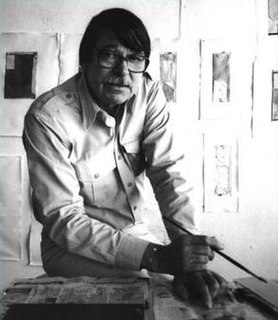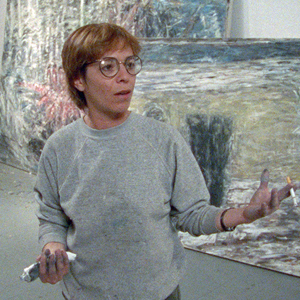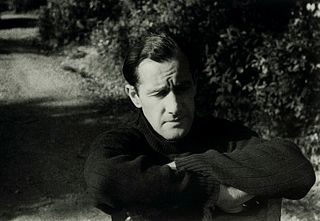A Quote by Richard Diebenkorn
Maybe the given person, cup, or landscape is lost before one gets to painting. A figure exerts a continuing and unspecified influence on a painting as the canvas develops. The represented forms are loaded with psychological feeling. It can't ever just be painting.
Related Quotes
You have bits of canvas that are unpainted and you have these thick stretcher bars. So you see that a painting is an object; that it's not a window into something - you're not looking at a landscape, you're not looking at a portrait, but you're looking at a painting. It's basically: A painting is a painting is a painting. And it's what Frank Stella said famously: What you see is what you see.
All that stuff about flatness - it's this idea that painting is a specialized discipline and that modernist painting increasingly refers to painting and is refining the laws of painting. But who cares about painting? What we care about is that the planet is heating up, species are disappearing, there's war, and there are beautiful girls here in Brooklyn on the avenue and there's food and flowers.
I don’t trust painting. At least not in New York. Most painting here relies on formula and repetition, whoring itself to the market. There seems to be no risk and once a painter gets a strategy, very little exploration. As a result, I stopped thinking about painting a long time ago. I prefer forms of art that are more market-resistant, more idea-based, more - for lack of a better word - risky.







































